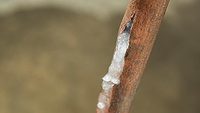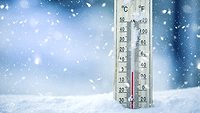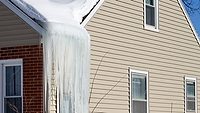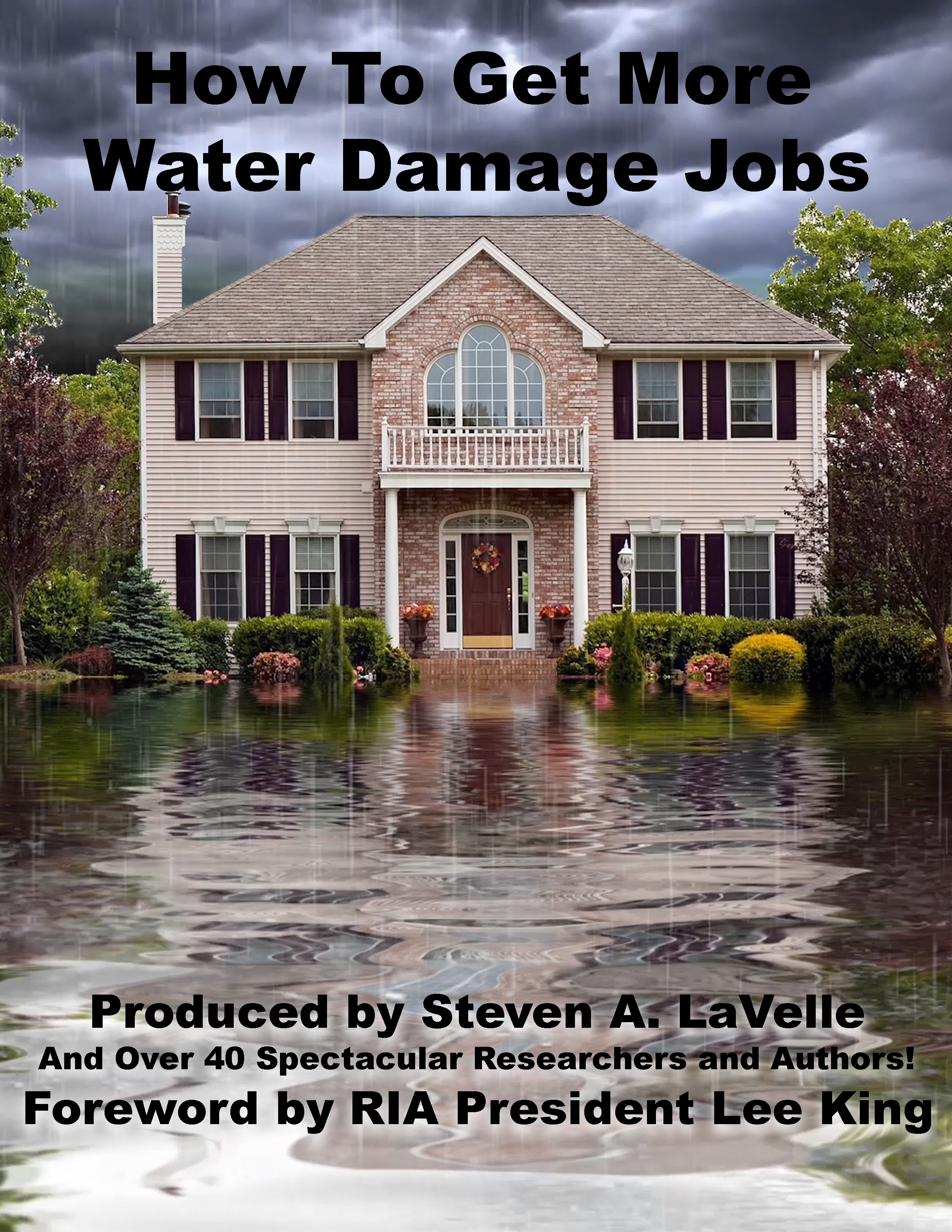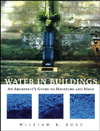Customer Resource: How to Protect Your Home from Winter Disasters
Essential Tips for a Worry-Free Season

Photo: CatLane / iStock via Getty Images Plus
Winter can be tough on your home, but with a bit of preparation, you can avoid the major headaches it often brings. Restoration experts have seen it all—from frozen pipes and ice dams to fires sparked by something as simple as a battery left charging. But with the right preventive steps, many of these common winter disasters are avoidable. Here’s how to protect your home, your property and your peace of mind as the cold continues to really set in.
Winterize Outdoor Faucets to Prevent Burst Pipes
One of the simplest and most effective ways to avoid costly water damage is to winterize your outdoor faucets. When temperatures dip, any water left in outdoor pipes can freeze, expand and cause pipes to crack or burst, leading to significant water damage inside your home or business. To prevent this, disconnect garden hoses and drain outdoor faucets before the first freeze. Installing frost-proof spigots or using insulated covers for exposed faucets offers extra protection. These easy steps can save you from major problems if the temperature drops unexpectedly.
Keep Your Home Warm to Protect Plumbing
Maintaining a consistent temperature inside your home is essential for preventing frozen pipes. It’s recommended to set your thermostat to no lower than 55°F, even if you're leaving for a holiday getaway. Maintaining a constant, lower-than-average temperature allows you to avoid significant heating costs while ensuring that pipes won’t freeze and burst, which could lead to expensive repairs. If you have pipes in areas like basements, attics or crawl spaces, leave cabinet doors open to allow warm air to circulate around them. Keeping your home at a steady temperature will not only help prevent plumbing issues but also ensure that it stays comfortable during the cold months.
Prevent Ice Dams with Gutter Maintenance
Clogged gutters are one of the leading causes of ice dams, which can lead to water damage and costly roof repairs. When gutters are blocked with debris, water can sit and freeze, eventually forming an ice dam. The trapped water then seeps under shingles, causing leaks. Before the snow starts falling, clear your gutters of leaves, twigs and other debris. Trim back tree branches that may drop more debris throughout the season. A few minutes of cleaning now can keep your gutters flowing smoothly, so you’re not at risk of damage and left scrambling during a storm.
Unplug Unused Electronics to Avoid Fire Hazards
It’s easy to overlook, but unplugging unused electronics is a crucial step in preventing electrical fires. Appliances like toasters, coffee makers and phone chargers left plugged in can overheat, especially if they’re old or have worn-out cords. The U.S. Fire Administration reports that electrical fires account for a large portion of home fires, and plugged-in electronics are often the cause. Also, be cautious about leaving devices like phones or laptops plugged in for extended periods, especially when you're away. Lithium-ion batteries can overheat and become a fire hazard if left charging too long. Taking a moment to unplug items when not in use can greatly reduce potential risks in your home.
Prepare Now, Travel with Peace of Mind
Winter brings its share of risks, especially when you’re away. By taking steps like winterizing your plumbing, clearing your gutters and unplugging unused electronics, you can safeguard your home against the most common winter problems. This means you can enjoy your holiday travel without the stress of wondering if something went wrong at home. And, if an issue does arise despite your best efforts, remember that local restoration experts are always just a call away. They can restore your home to its pre-issue condition quickly and efficiently, so you can get back to enjoying the season without any added stress.
Looking for a reprint of this article?
From high-res PDFs to custom plaques, order your copy today!




